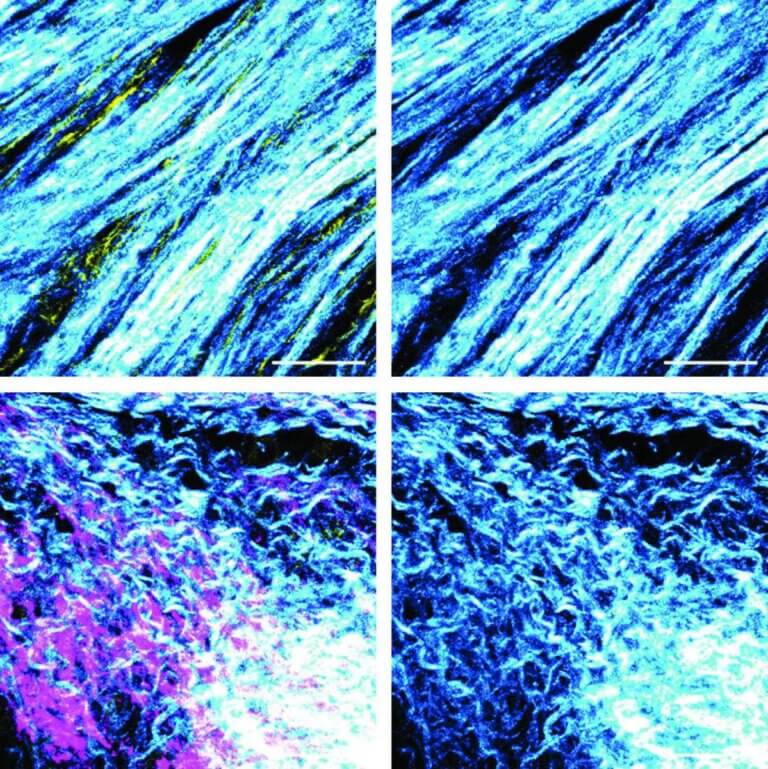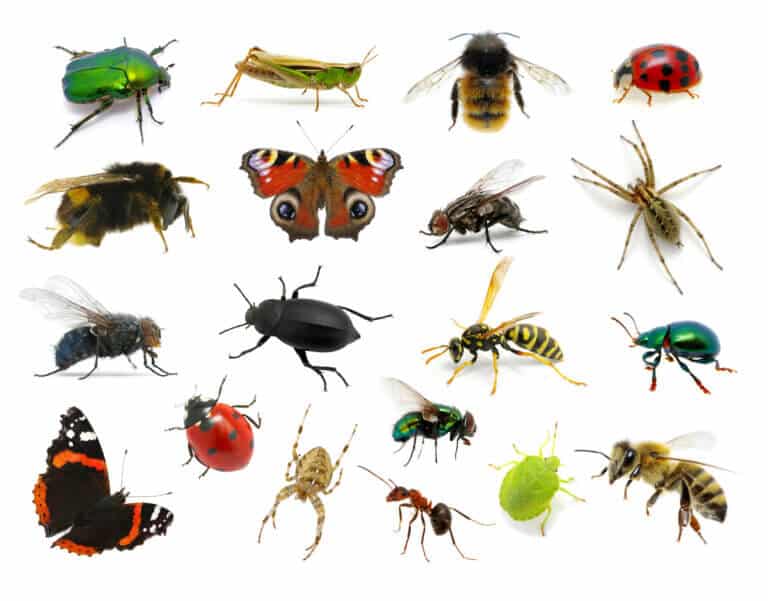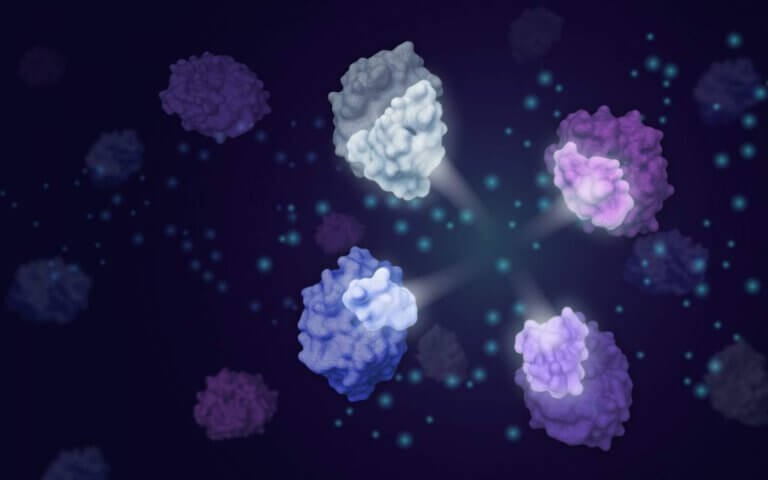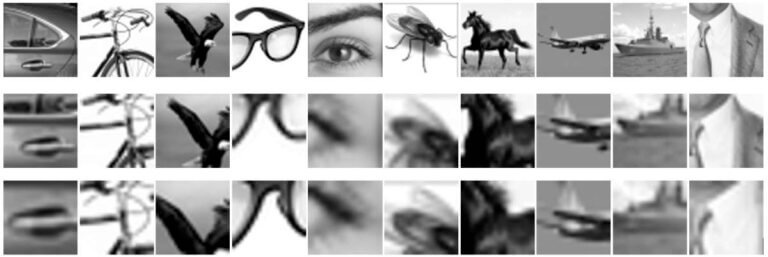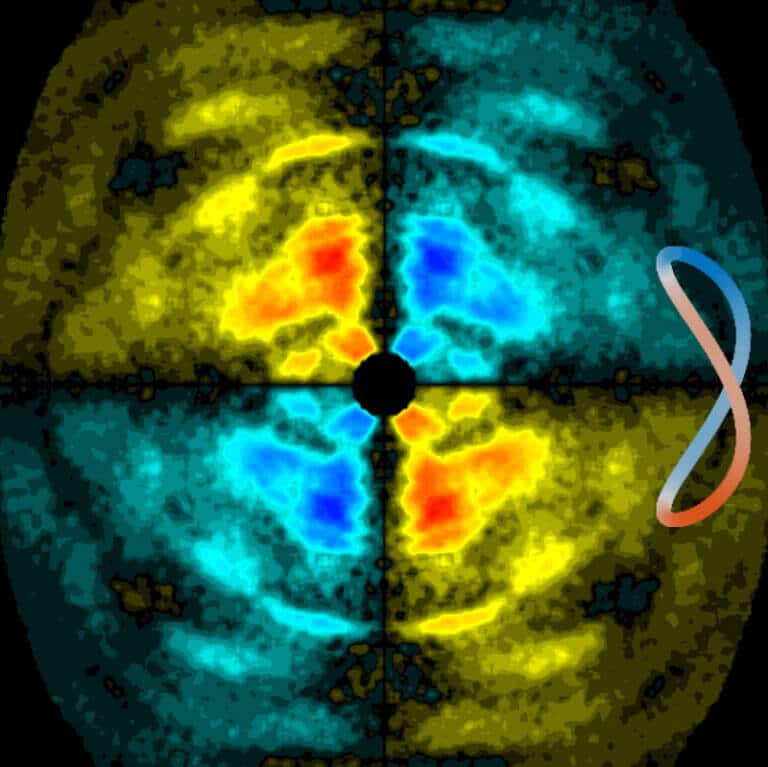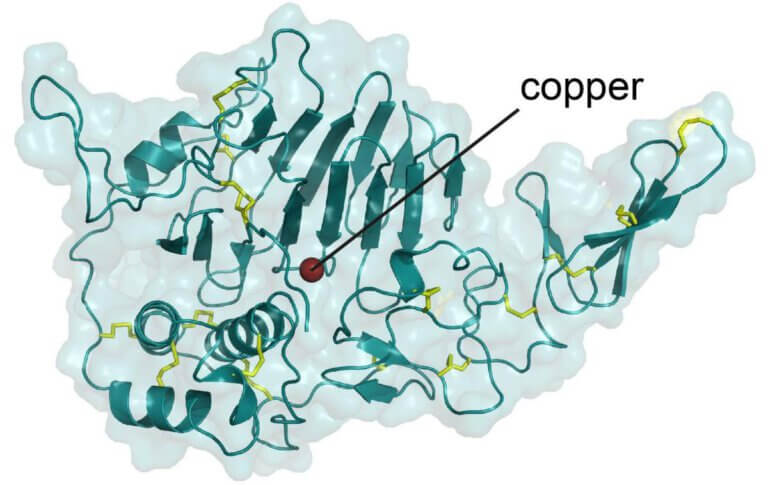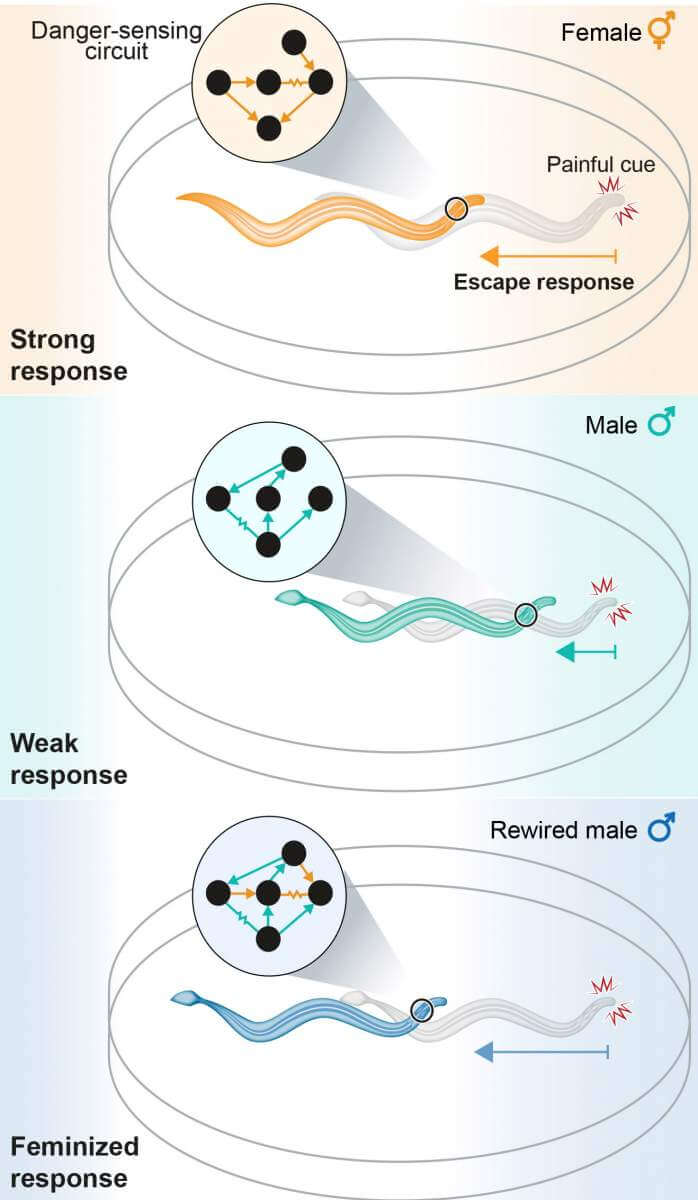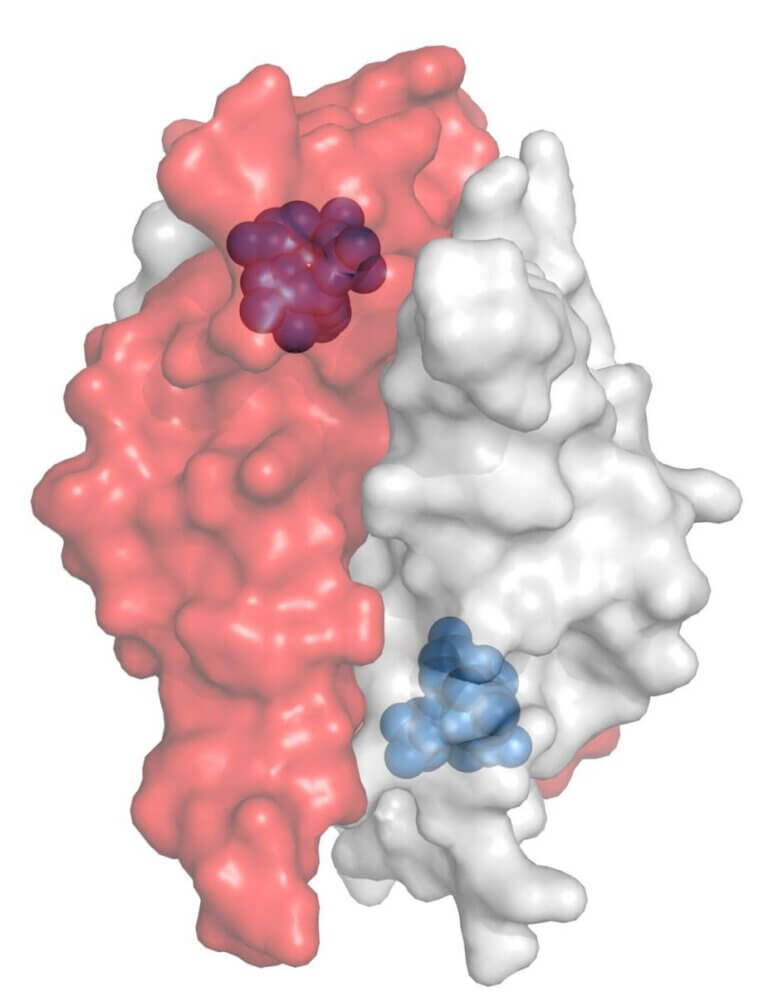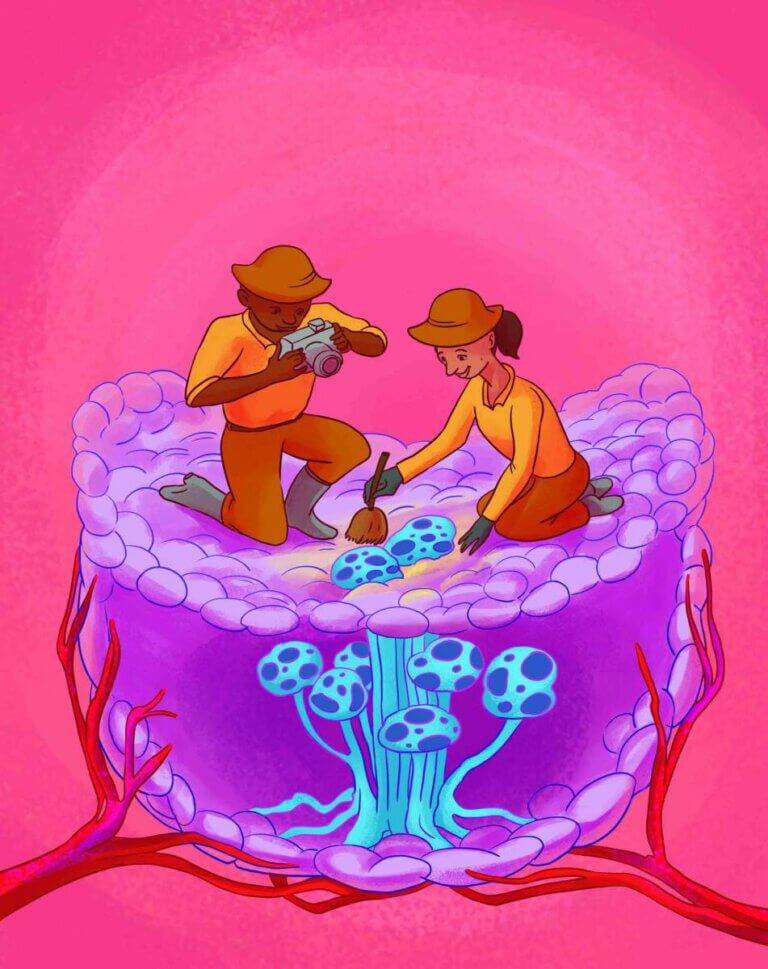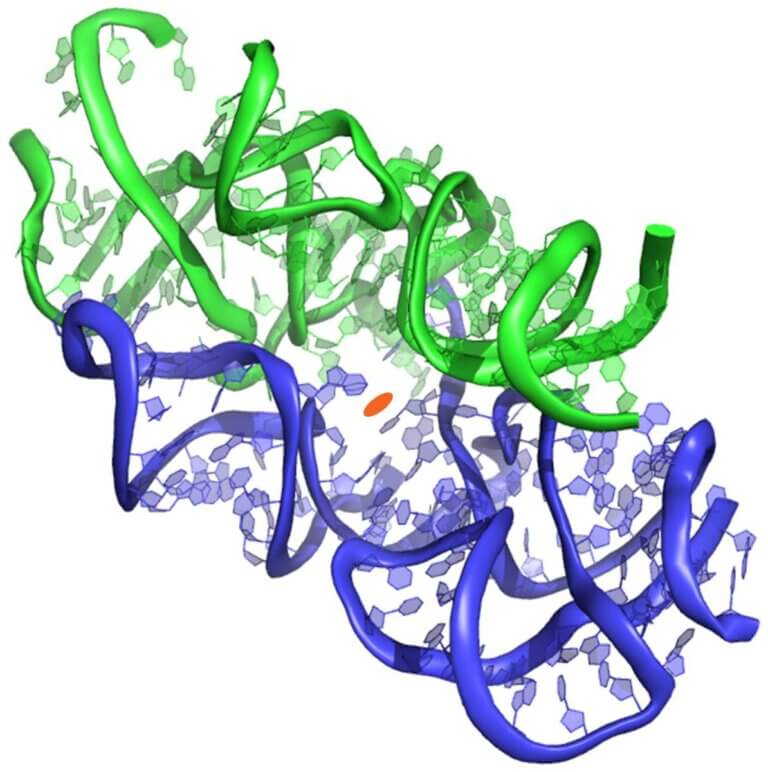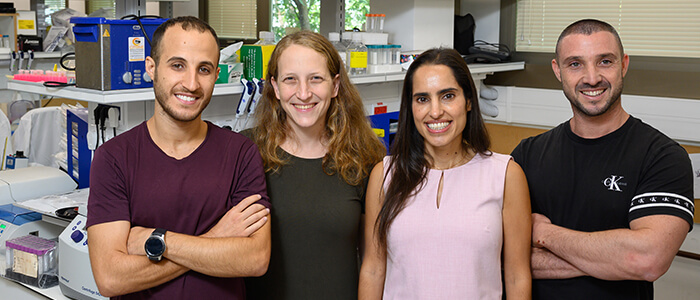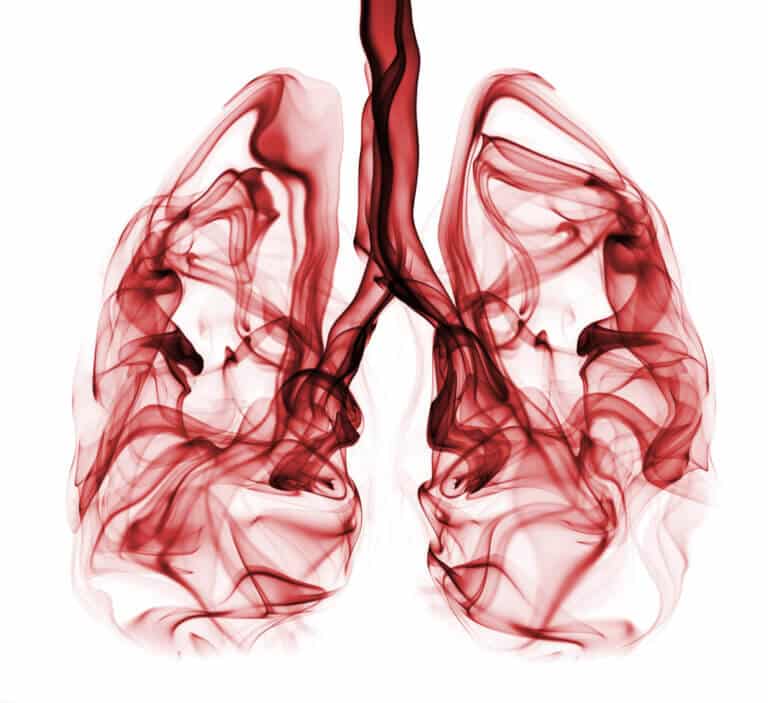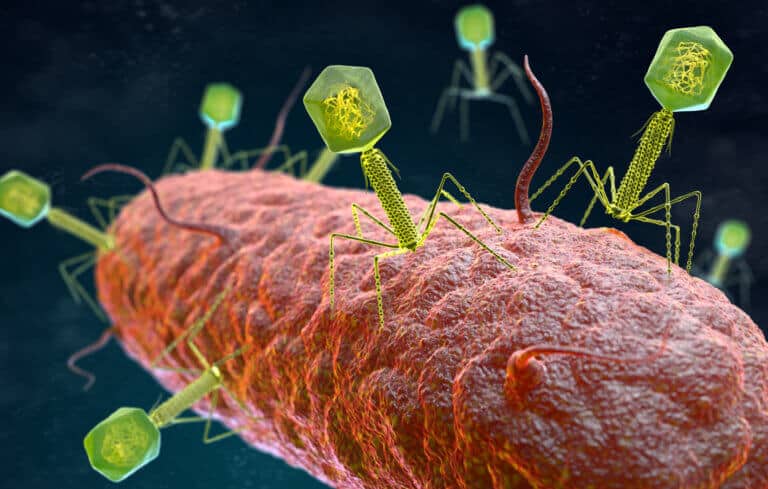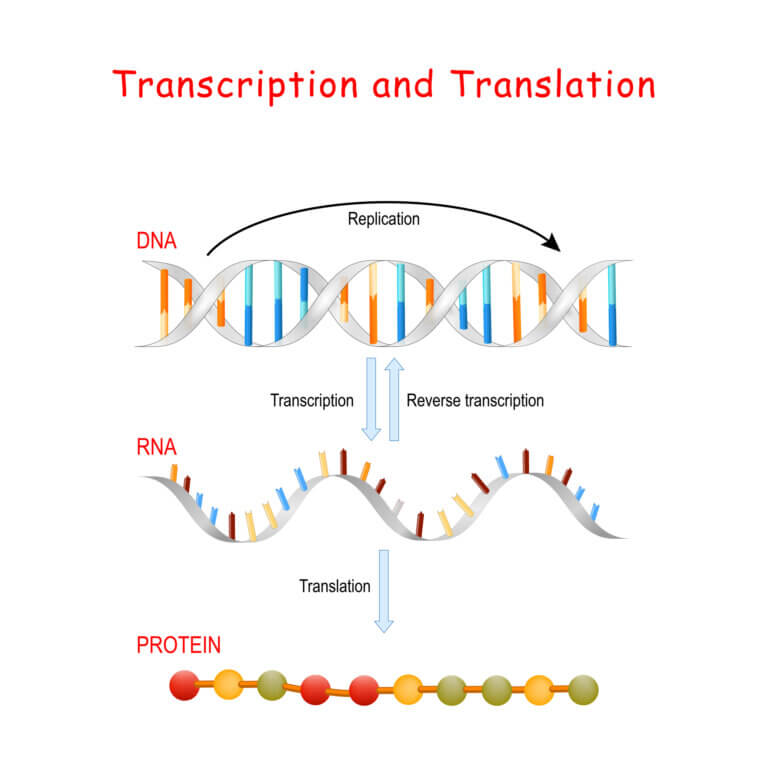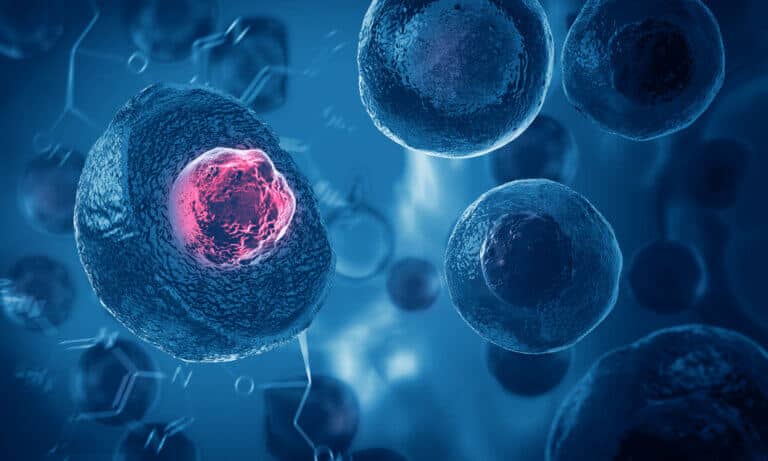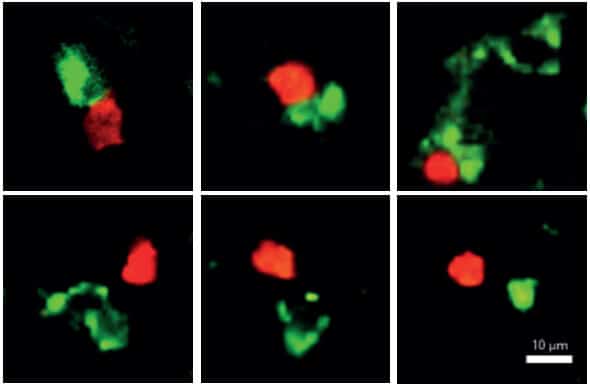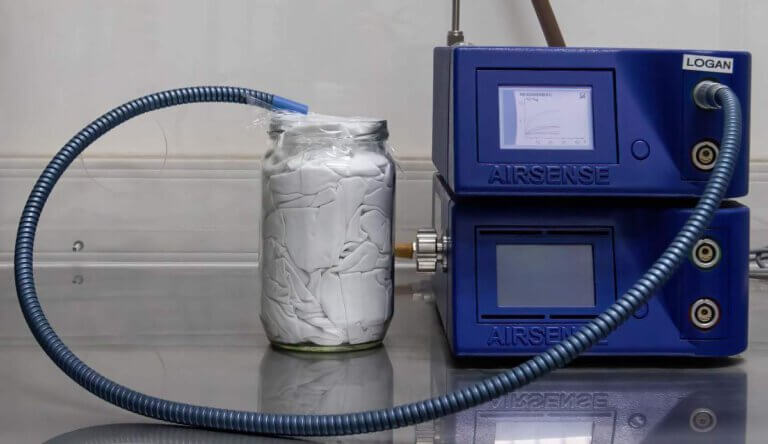Hayadan > Weizmann Institute Archives > Page 3
Weizmann Institute
- Weizmann Institute
- February 9, 2023
Not only breast cancer: mutations in the BRCA gene, which are especially common among Ashkenazim, increase the risk of various types of cancer - also in men. The institute's scientists reveal how they turn healthy cells in their environment into collaborators
- Weizmann Institute
- February 4, 2023
In a first calculation of its kind, the weight of all the insects, spiders and their terrestrial relatives in the world was found
- Weizmann Institute
- January 29, 2023
In response to environmental and intracellular changes, the proteins in our body don a variety of costumes that change their properties and make their identification difficult. The institute's scientists have developed a ground-breaking search engine capable of identifying these proteins with unprecedented efficiency
- Weizmann Institute
- January 25, 2023
Weizmann Institute scientists offer a solution to a 50-year-old mystery
- Weizmann Institute
- January 20, 2023
Weizmann Institute scientists have discovered that certain fish are born with immunity to stressful situations, which accompanies them throughout their lives and is even inherited. The findings may pave new directions for the treatment of post-trauma
- Weizmann Institute
- January 14, 2023
Unprecedented abilities to produce thousands of enzymes pave the way for a green industrial revolution
- Weizmann Institute
- December 31, 2022
The institute's scientists created a simulation of the activity of nerve cells in the retina based on eye movements of subjects while trying to identify a whole based on its parts. The recognition of the whole or its non-recognition was characterized by distinct activity patterns in the retina
- Weizmann Institute
- December 25, 2022
The scientists of the institute and their research partners showed that the chance of an electron to pass through a tunnel at the junction between a molecule and a light field, and the manner in which it will do so, depend to a large extent on the chirality of both the molecule and the light
- Weizmann Institute
- December 8, 2022
A day after Prof. Dan Toufik's death, his hypothesis about the origin of life was significantly strengthened
- Weizmann Institute
- December 3, 2022
The scientists of the institute discovered a surprising involvement of the intestinal mucus in the absorption process of copper - a metal that, like iron and zinc, is necessary for our bodies, but can be dangerous.
- Weizmann Institute
- November 21, 2022
The research findings illustrate how changing the synapse map may lead to a change in behavior
- Weizmann Institute
- October 27, 2022
The scientists of the institute reveal: this is how viruses pile up on the immune system of bacteria
- Weizmann Institute
- October 3, 2022
Weizmann Institute of Science scientists and their research partners have mapped the presence of fungi in 35 different types of cancer ■ The fungi that live inside the cancerous tumors may facilitate the detection, diagnosis and perhaps even the treatment of cancer ■ "Fungal presence is a new and significant hallmark of cancer"
- Weizmann Institute
- October 2, 2022
Israeli scientists participated in the DART asteroid interception project
- Weizmann Institute
- September 16, 2022
A significant boost to the protoribosome theory - a tiny molecular pocket made of RNA that appeared in the ancient soup and encouraged connections between amino acids
- Weizmann Institute
- September 9, 2022
Weizmann Institute of Science scientists presented the possibility of reliable and accurate blood tests for cancer diagnosis
- Weizmann Institute
- September 2, 2022
Not only desperate bacteria - even cancer cells facing extinction may activate an SOS response and develop drug resistance
- Weizmann Institute
- August 25, 2022
New research done in bats reveals far-reaching dynamic capabilities of neural networks
- Weizmann Institute
- August 20, 2022
Institute scientists have shown that calorie-free sweeteners affect the composition and activity of intestinal bacteria and may disrupt the body's metabolism; The degree of influence varies greatly from person to person
- Weizmann Institute
- August 5, 2022
In a study published today in the scientific journal Cell, Weizmann Institute of Science scientists demonstrated an innovative therapeutic approach that performs "targeted defeat" of unwanted intestinal bacteria using a creative and precise weapon - viruses that attack bacteria
- Weizmann Institute
- July 28, 2022
On the genetic equivalent of postal targeting - and on the decisive differences between linear and circular molecules
- Weizmann Institute
- July 15, 2022
How can cells be returned to their initial and most powerful state?
- Weizmann Institute
- July 5, 2022
In the science teaching department at the Weizmann Institute harnessing artificial intelligence to support teachers in personalized teaching
- Weizmann Institute
- June 30, 2022
Weizmann Institute of Science scientists have uncovered a mechanism of the immune system that helps fight Candida infections
- Weizmann Institute
- June 26, 2022
This is according to a new study by Weizmann Institute scientists. Moreover, the scientists were able to predict in the study what the degree of connection between complete strangers would be just on the basis of their smell as picked up by an "electronic nose"

